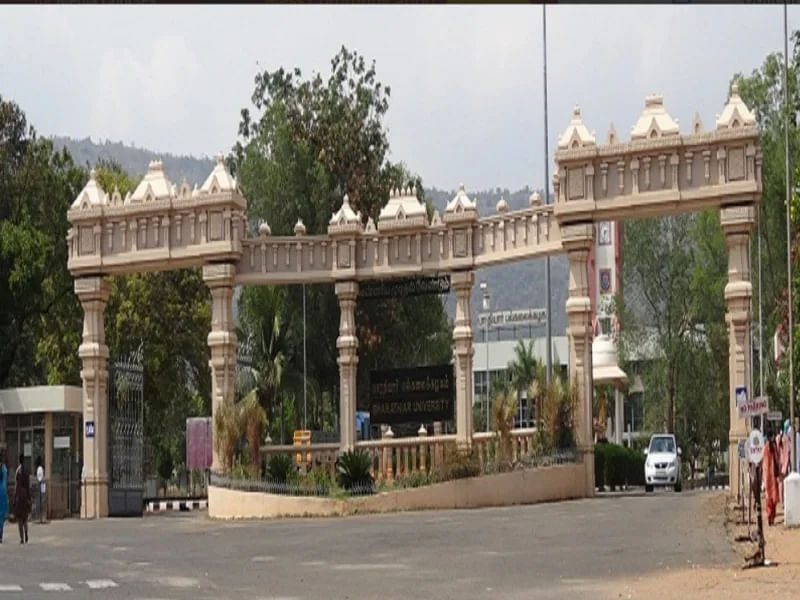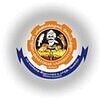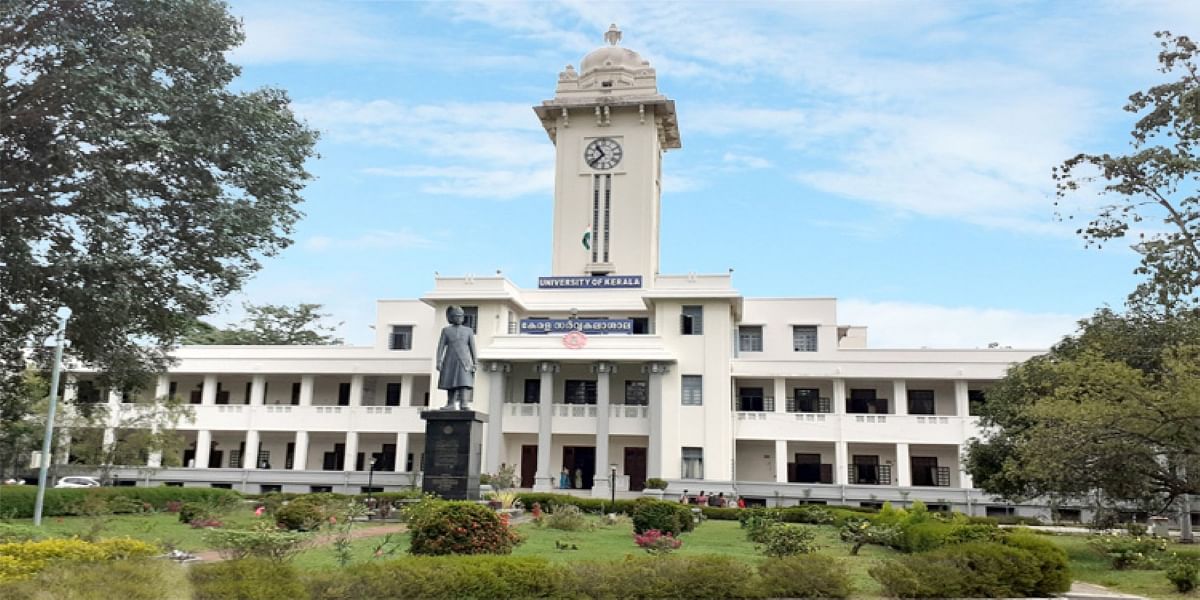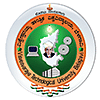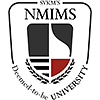M.Phil Chemistry Syllabus and Subjects

The M.Phil Chemistry syllabus can be divided into four semesters. It covers topics such as properties of matter, structure, behaviour, and composition, as well as changes it undergoes during chemical reactions etc, along with a vast choice of electives such as Principles of Polymer Science, Principles of Fluorescence Spectroscopy, Asymmetric Catalysis, Essentials of Carbohydrate Chemistry, Organic Electronics etc.
Semester wise M.Phil Chemistry Syllabus
The M.Phil Chemistry course consists of core and elective subjects. Depending on the university/college, they may differ slightly. The syllabus of M.Phil Chemistry has 2 parts -a compulsory set of courses covering all foundation areas in Computer and a set of elective courses that aims at building job-specific skills and knowledge. M.Phil Chemistry course aims to ensure that the students get all the possible information they need to succeed in their careers. The semester wise courses are as follows:
|
Semester I |
Semester II |
|
Research Methodology |
Thermodynamics and Physical Properties of Liquid Solution |
|
Physical Methods in Chemistry |
Reactivity of Ether Linkage |
|
Recent Trends in Chemistry |
Kinetics and Mechanism |
|
Natural Products Chemistry |
Advanced Coordination Chemistry |
|
Semester III |
Semester IV |
|
Advanced Coordination Chemistry |
Advanced Studies of Macro Cyclic Complexes |
|
Thermodynamics of Liquid Solutions |
Organic Reaction Mechanism |
|
Physical Methods in Organic Chemistry |
Physical Methods in Organic Chemistry |
|
Electro Organic Chemistry |
Corrosion Inhibition of Metals |
|
Organic Synthesis |
Organic Reaction Mechanism |
M.Phil Chemistry Subjects
The M.Phil Chemistry subjects taught in the Course are mostly similar for all the colleges, but at times it varies depending on the institution's course module. But the overall subjects are quite similar, but put in a different order, depending on the method of teaching. The course overall makes them have a peculiar way of teaching and writing and a good M.Phil Chemistry scope.
Core Subjects:
- Organic Chemistry
- Thermodynamics
- Kinetics
- Inorganic chemistry
- Linkage
Elective Subjects:
- Principles of Polymer Science
- Principles of Fluorescence Spectroscopy
- Asymmetric Catalysis
- Essentials of Carbohydrate Chemistry
- Organic Electronics
M.Phil Chemistry Course Structure
The M.Phil Chemistry course syllabus is designed in a way that the course mainly includes various works and authors from History and the related topics and elective subjects, that overall gives the knowledge to work in the job sectors. The course involves subjects which include aspects like:
- Literary theory and practice
- Core Subjects
- Elective Subjects
M.Phil Chemistry Teaching Methodology and Techniques
M.Phil Chemistry is a course focusing on different aspects of theoretical as well as practical knowledge on Chemistry and its derivatives. The course is designed based on requirements and helps with getting the most exposure regarding the field, and the M.Phil Chemistry course subjects deal with the same. Learning strategies have varying implications for courses.
- Assignments
- Case studies/ Research work
- Internships
M.Phil Chemistry Projects
M.Phil Chemistry project, which is known as a mini-thesis is a compulsory project for the students to complete at the end of their semester. As such, students should regard their projects as an ideal opportunity for integrating what they have learnt during the M.Phil Chemistry program and applying the knowledge for their future working profession.
Some of the M.Phil Chemistry project topics are
- Proximate analysis of seed and coat of velvet bean (mucuna pruriens) and camwood
- Proximate mineral and anti-nutritional composition of sodium apple
- Preliminary phytochemical and anti-microbial screening of seed and coat of citrus sinensis
- Preliminary phytochemical and antimicrobial screening of flower and stalk of mangifera indica
M.Phil Chemistry Reference Books
M.Phil Chemistry course is the one meant for the specialization in the field of theoretical and practical aspects of Chemistry and their derivatives. But, to get a deep or in-depth knowledge, there are certain Books for M.Phil Chemistry published by the -authors, who have opened up about their thought process, and thus helps in being more skilled and knowledgeable about the data which are a major part of M.Phil Chemistry Subjects.
|
Book |
Author |
|
. A textbook of Quantitative Inorganic Analysis, |
A.I. Vogel |
|
Dynamics of Chromatography- Part I |
J.C. Gidding |
|
Vogel’s textbook of practical Organic Chemistry |
B.S. Furhen |
|
Organic Spectroscopy |
William Kemp, John Wiley. |


